‘Appalling’: Foreign students and workers hit back at attacks from Aussies
Almost 900,000 migrants have descended on Australia in the past two years but they reject “appalling” claims they’re to blame for the housing crisis.
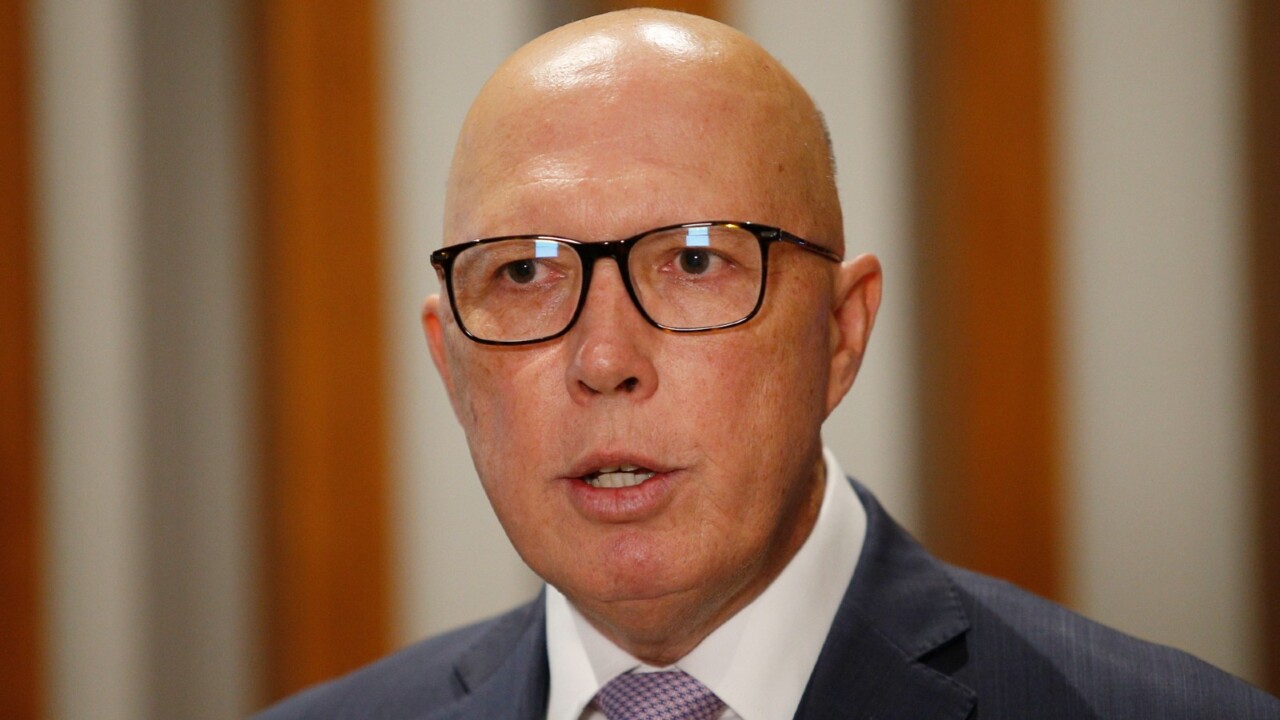
Migrant workers and international students say they’ve been made scapegoats for the housing crisis that’s impacting countless Aussies – an “appalling” claim they’re sick of hearing.
Many leading economists and Opposition Leader Peter Dutton have attributed high demand for housing and a critically low supply of dwellings, sparking skyrocketing rent prices, to an influx of migrants.
A record 518,000 people arrived in Australia from abroad in the 12 months to June 30 last year and more than half of temporary visa holders were foreign students attending university or college.
The government expected another 375,000 net overseas arrivals in the 2023-24 financial year, but data indicates that forecast is highly likely to be exceeded.
In March, the Coalition’s immigration spokesman Dan Tehan told reporters that “record numbers of people (from overseas) are causing a housing crisis, a rental crisis”.
And in his budget reply speech earlier this month, Mr Dutton vowed to slash the migration rate and crack down on international student numbers.
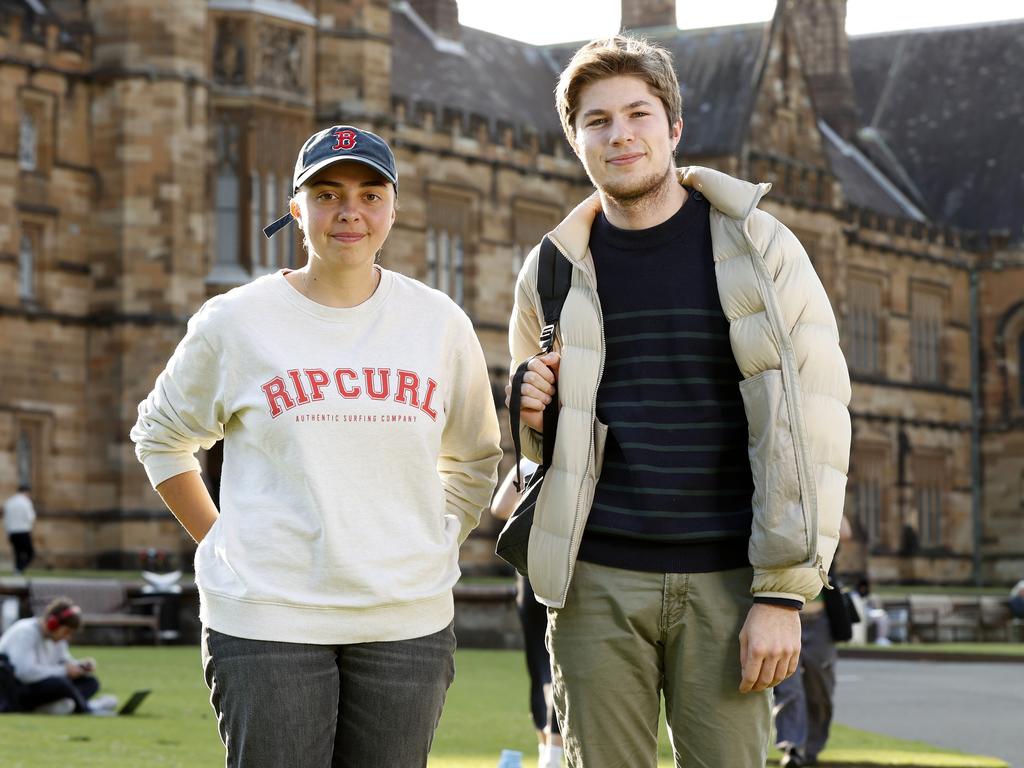
Speaking at Australia’s first People’s Commission into the Housing Crisis on Friday, a trio of foreigners living in Australia slammed the “narrative” that they’re to blame.
‘Appalling’ blame game
Raf Rayos moved to Sydney from the Philippines five years ago to study at uni and lives in what has been described in the media as the city’s smallest apartment.
“For me, it’s 12 square metres of heaven, even though it’s only as big as a car park,” Mr Rayos told the commission. “It has made me feel secure in the toughest of times.”
His second year in Australia coincided with the outbreak of Covid and subsequent lockdowns, border closures and tough restrictions – as well as ineligibly for any government support.
Mr Rayos said he was isolated, unable to work and regularly went without food for long periods of time.
“What I find appalling is the narrative that migrants and international students … are being scapegoated as the cause of the housing crisis,” he said.
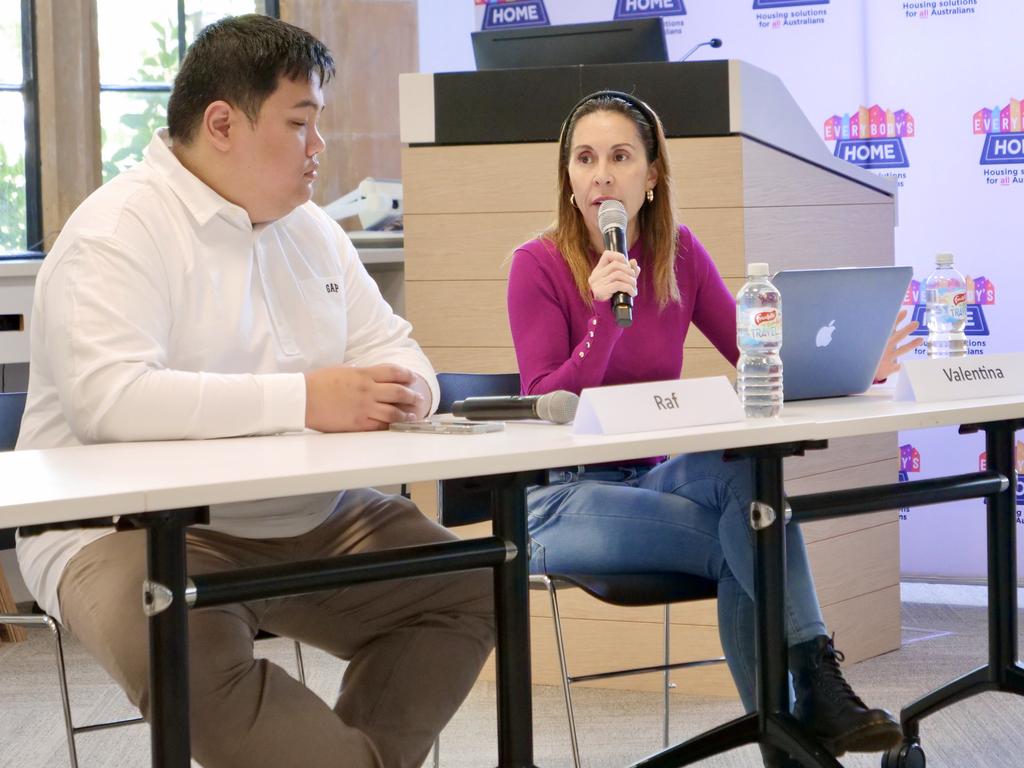
Valentina Olivares, a Chilean migrant worker who originally came to Sydney as a student, was equally dismayed by being blamed for an issue that’s been brewing for a decade.
“We have been blamed in the media by Peter Dutton for the housing crisis,” Ms Olivares said.
“We make a massive contribution to revenue … I would ask politicians and the community to think about what would happen if we all (went on strike) for just one day.”
The international student market is worth an estimated $36 billion to the Australian community.
According to the Business Council of Australia, there’s a $124 million economic dividend for every 1000 migrant workers.
“Australia’s prosperity, our jobs, our living standards and the strength of our economy are all directly linked to a successful, efficient and well targeted migration program,” the group’s chief executive Bran Black said.
Homes few others would rent
Ms Olivares said many foreigners on temporary visas live in overcrowded and substandard accommodation – much of which probably wouldn’t be leased by citizens.
“I have lived in overcrowded accommodation where abusive landlords, or the person in charge, didn’t care about our living situation,” she said. “They impose rules but without rights.”
Some foreign students or migrant workers are banned from cooking in their own kitchens to prevent making a mess, she revealed.
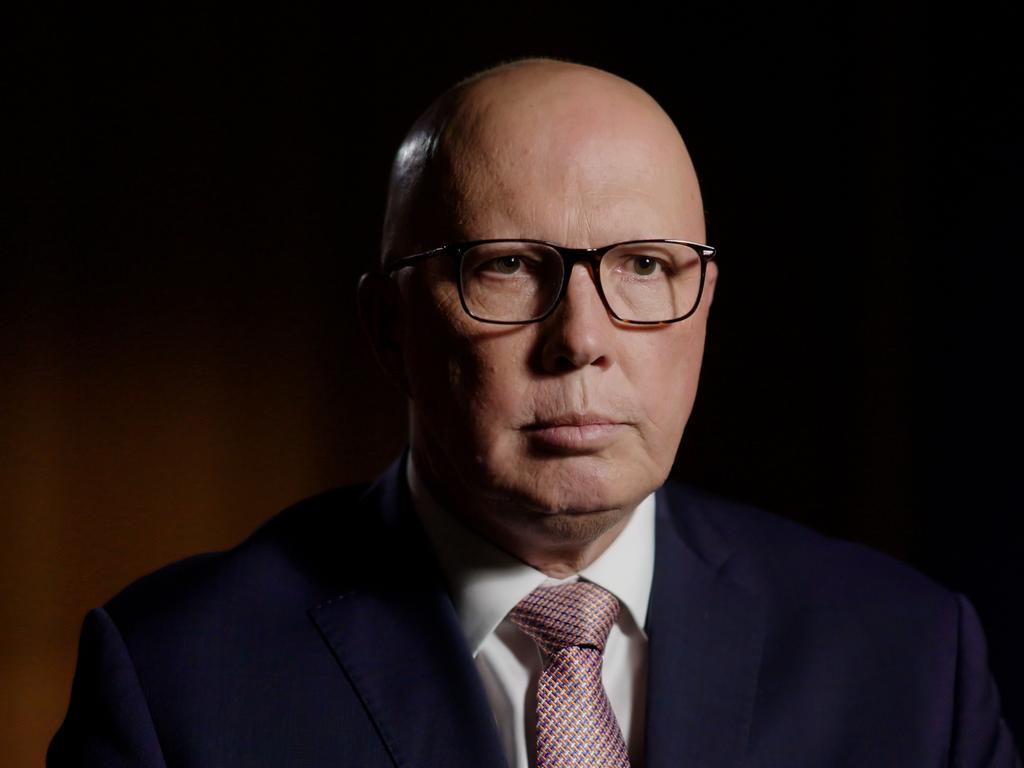
Others cop dangerously crowded units in poorly maintained buildings on unsafe streets, just to have a roof of some kind over their heads.
Mr Rayos said he knows migrants who “sleep in shifts” because they live in a single bedroom with three other people.
“Some cannot afford their rent and so resort to paying off their landlords by working for them (for free) in different capacities,” he said.
The exorbitant $400-per-week average cost of a single private bedroom in the inner-city close to campuses probably wouldn’t be tolerated by the mainstream rental market.
But Ashrika Paruthi, an international student officer at the University of Sydney, said many foreigners had little option but to put up or shut up.
“They might not have a local rent history and so they’re prone to abuse,” Ms Paruthi said.
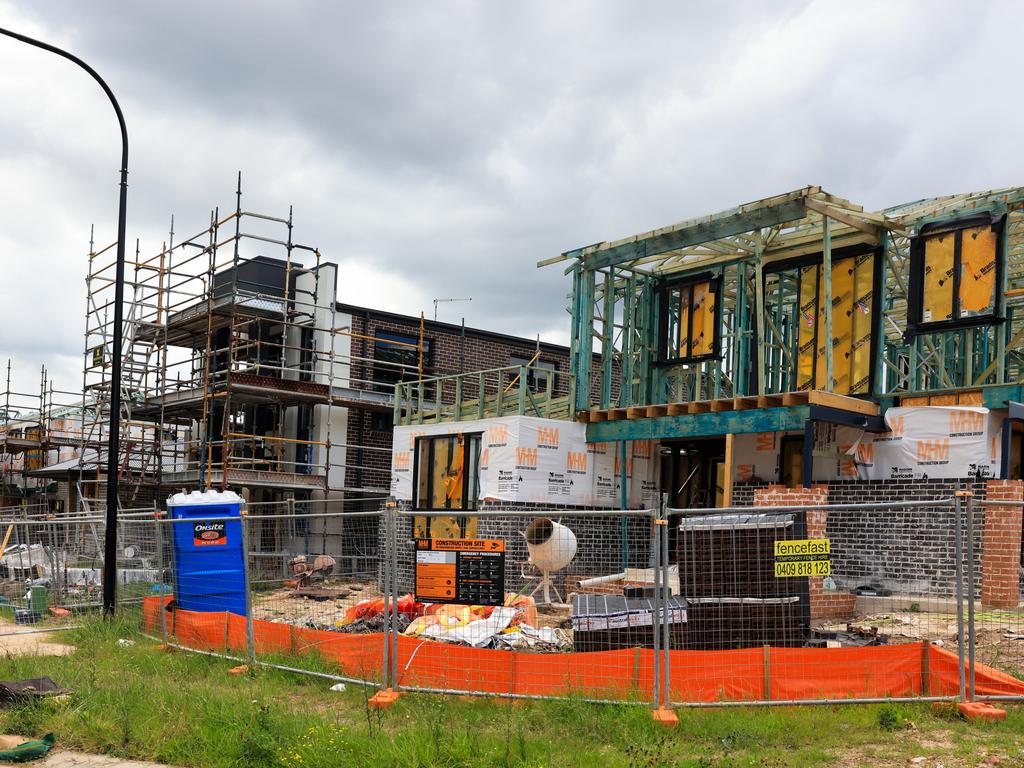
Given foreign students comprise about 4 per cent of the private rental market in Australia, Ms Paruthi said being scapegoated was “unjust and misguided”.
And it distracts from the discussion about solving the “systemic issues” at play in housing markets, she said.
Former Labor senator Doug Cameron, co-commissioner of the People’s Commission, last week criticised the Coalition’s “scare campaign” on immigration.
The policy is “yet another example of the immaturity of the housing debate within Australia”, Mr Cameron said.
He said lowering the immigration rate isn’t “a magic bullet that would unlock supply and (improve) affordability”.
“We need better than scare campaigns with racial undertones if we are to resolve the massive social costs related to affordable housing,” he said.
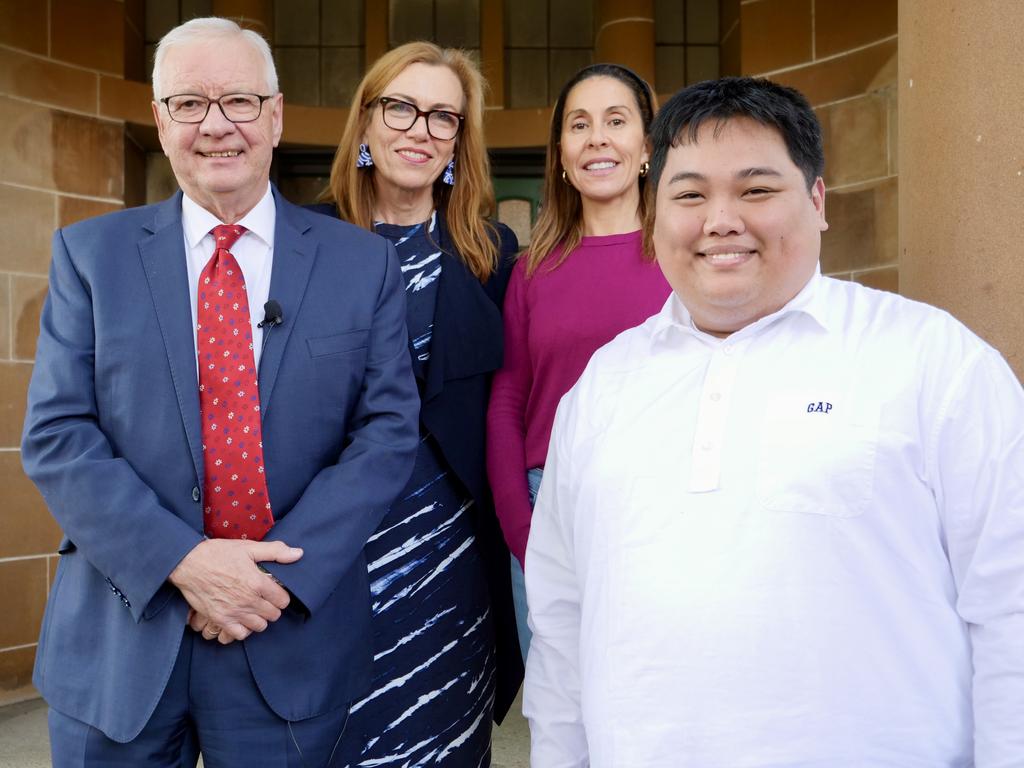
More Coverage
However, independent economist and former Deloitte Access Economics partner Chris Richardson called for an urgent slowdown in immigration in an op-ed published late last year.
In the piece for the Australian Financial Review, Mr Richardson stressed immigration “gets a bad rap” and Australia’s record population growth was not the problem, “at least, not in isolation”.
“But housing affordability is the worst it’s ever been, and I’m starting to think we may need to do dumb things on migration policy simply to ease the impact of the even dumber things we’ve done in housing,” he said.






